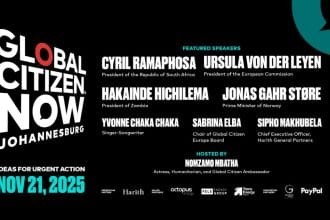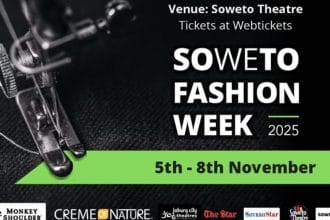In a significant move that has stirred the political landscape of South Africa, the Independent Electoral Commission (IEC) has declared former President Jacob Zuma ineligible to participate in the upcoming 2024 elections. IEC bars Jacob Zuma is a decision that has sparked a vehement response from Zuma’s affiliated uMkhonto weSizwe Party, which has labeled the IEC’s ruling as “unfair and irregular,” promptly appealing to the Electoral Court.
Section 47 of the Constitution states that “no person convicted and sentenced to a jail term of more than 12 months, without the option of a fine, is allowed to hold public office.” But Zuma was sentenced to 15 months in prison in 2021 for contempt of court.
The Groundbreaking Decision – IEC Bars Jacob Zuma from the Elections
The IEC’s ruling marks a pivotal moment in South African politics, as it directly impacts the eligibility of one of the country’s most prominent political figures. The commission’s decision to bar Zuma from the elections underscores the stringent criteria and regulatory framework governing the nation’s electoral process. However, the specifics behind the IEC’s decision remain a focal point of contention, particularly among Zuma’s supporters and members of the uMkhonto weSizwe Party.
MK Party’s Countermove
In response to the IEC’s decision, the uMkhonto weSizwe Party has taken a firm stance, challenging the commission’s ruling through legal avenues. The party argues that the decision to bar Zuma is baseless, emphasising that he has not been convicted or sentenced for any criminal offense that would disqualify him from holding office. This legal challenge underscores the party’s commitment to defending Zuma’s political rights and highlights the contentious nature of the IEC’s decision.
In comments by MK Party representatives captured by News24, the party plans to make it clear that the IEC “lacks the power, jurisdiction and or authority to implement Section 47(1)(e) of the Constitution, which deals with regulating membership of the National Assembly”. A power it believes resides with the National Assembly.
Legal and Political Implications
The appeal lodged by the MK Party with the Electoral Court is not just a legal battle; it represents a significant political statement. It brings to the forefront questions about the criteria used by the IEC to determine a candidate’s eligibility and the broader implications for political participation in South Africa. The outcome of this appeal could have far-reaching consequences for the country’s electoral system and the political landscape.
Related: ANC Loses Its Court Battle Against MK Party’s Registration.
Conclusion
The IEC’s decision to bar Jacob Zuma from the 2024 elections and the subsequent challenge by the MK Party is a testament to the dynamic and often contentious nature of South African politics. As the legal proceedings unfold, the eyes of the nation—and indeed, the international community—will be keenly watching. The outcome of this dispute will not only affect the immediate future of Jacob Zuma and the MK Party but could also set a precedent for electoral and political norms in South Africa.












